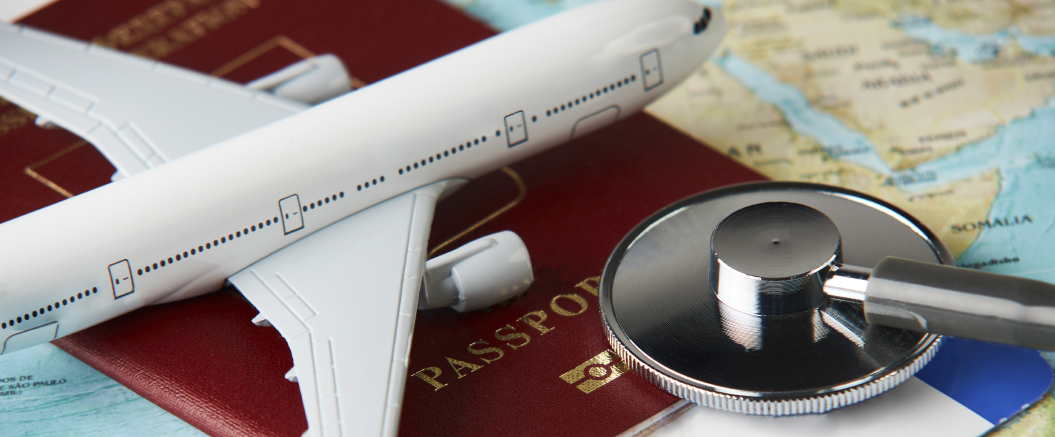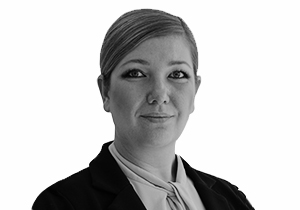
Are you in need of medical insurance to apply for a residency visa in the UAE? One of the most crucial requirements for obtaining your permission to establish your status as a resident of the United Arab Emirates is health insurance, which is a requirement for this paperwork. Unlike life insurance, which is an optional service you can contract that people are looking to take out in light of the current macroeconomic conditions, private medical insurance is fundamental for life as an ex-pat in the Emirates. If you don’t know where to start in navigating the system, or are looking to implement a programme to incentivise employees to move, here’s what you need to know.
But first, a look at the UAE healthcare system
The UAE Ministry of Health and Prevention (MOHAP) is the department of health in the UAE that oversees the national health service for the northern emirates: Fujairah, Umm Al-Quwain and Ajman. Then, in Abu Dhabi, Sharjah and Dubai, these emirates have their health authorities controlling their policies. The Dubai healthcare system is under the auspices of the Dubai Health Authority (DHA). MOHAP is also involved in regulating other parts of the industry, such as pharmaceuticals and innovations in the healthcare sector.
While there is a public system that covers Emirati nationals with differences depending on the Emirate, you will find more private hospitals than public ones in Dubai and Abu Dhabi. As for expatriates, they must have a medical insurance policy offering sufficient cover as a condition of residency in the UAE. The regulations are different depending on the Emirate.
In the case of Dubai, employers must supply their employees with medical insurance that covers them while living in the UAE. If you are bringing over family members to live with you in the UAE, you will have to arrange insurance coverage for your dependents as the sponsor for their visas. In Abu Dhabi, employers must provide coverage for their foreign employees and sponsors must procure insurance for their families, which Abu Dhabi defines as a spouse and up to three children under the age of 18.
How much does family insurance cost in the UAE?
According to the Expatistan Cost of Living Calculator, a 15-minute consult with a private doctor in Dubai will cost 283 AED or the equivalent of £61. That amount is roughly 35% less than it would be in London, with the average back in the UK capital being £94. As for Abu Dhabi, the private doctor consult would cost more than in Dubai, with the average cost being £82. One of the peculiarities of the UAE medical sector is that the personnel costs for non-medical staff are lower, even if doctors are expensive, causing you to see lower prices than would expect for care in Britain or the US. Emirati hospitals are still working on building up their medical research, and as a result, the lower overhead than these western power players certainly plays a role.
A 2017 study from Pacific Prime noted that the average family health insurance cost is around £9,710 annually. The same survey found that Dubai was the 7th most expensive place for health insurance, with the UK at #6 and the US at #1. Dubai’s healthcare system does not allow for exclusions based on pre-existing conditions per a 2015 reform. Plus, Dubai has a very high standard of care, with many facilities including state-of-the-art equipment and highly qualified doctors that have made it attractive to medical tourism.
Types of UAE health insurance policies
What policies are available in the UAE? The types of plans are similar to what you can find in North America or Europe. Here are the four most typical lines of plans:
- Individual: Plans for an individual or a family looking for comprehensive medical cover in the UAE.
- Group Plans: These plans offer benefits and discounts for policies with more than 20 people.
- Family Plans: These plans provide discounts that can make coverage more valuable.
- Traveller Plans: These plans are people who travel to the UAE frequently. They often offer customers the ability to tailor their policy based on their itineraries.
How to obtain a medical insurance card in the UAE
If your employer in Dubai does not offer private insurance, you will have to apply for a medical insurance card that grants you similar to coverage what Emirati nationals receive through the public system. Still, you must pay to access public healthcare. We recommend applying for a public card along with private health insurance because some procedures may have coverage under a private plan. What are the required documents?
If you wish to apply for a public healthcare card, you must supply the following documents:
- A copy of your passport
- A letter from a sponsor proving coverage
- A copy of your visa application
- Two passport-size photographs
If you are over 18, the card will cost 300 AED, or about £64.19. For minors, the card will cost 100 AED for children from 0 to 9, and 200 AED for children between 10 and 17.
How to check insurance medical status in the UAE
If you’re in the market for a new health insurance plan for you, your employees and your family, our medical insurance team, with help from our Citizenship, Residency and Relocation experts can work to find the right policy that best suits your needs. If you would like to get started, please don’t hesitate to schedule a consultation today.
Written by
Inna Klischuk
Advisory, Europe Emirates Group




